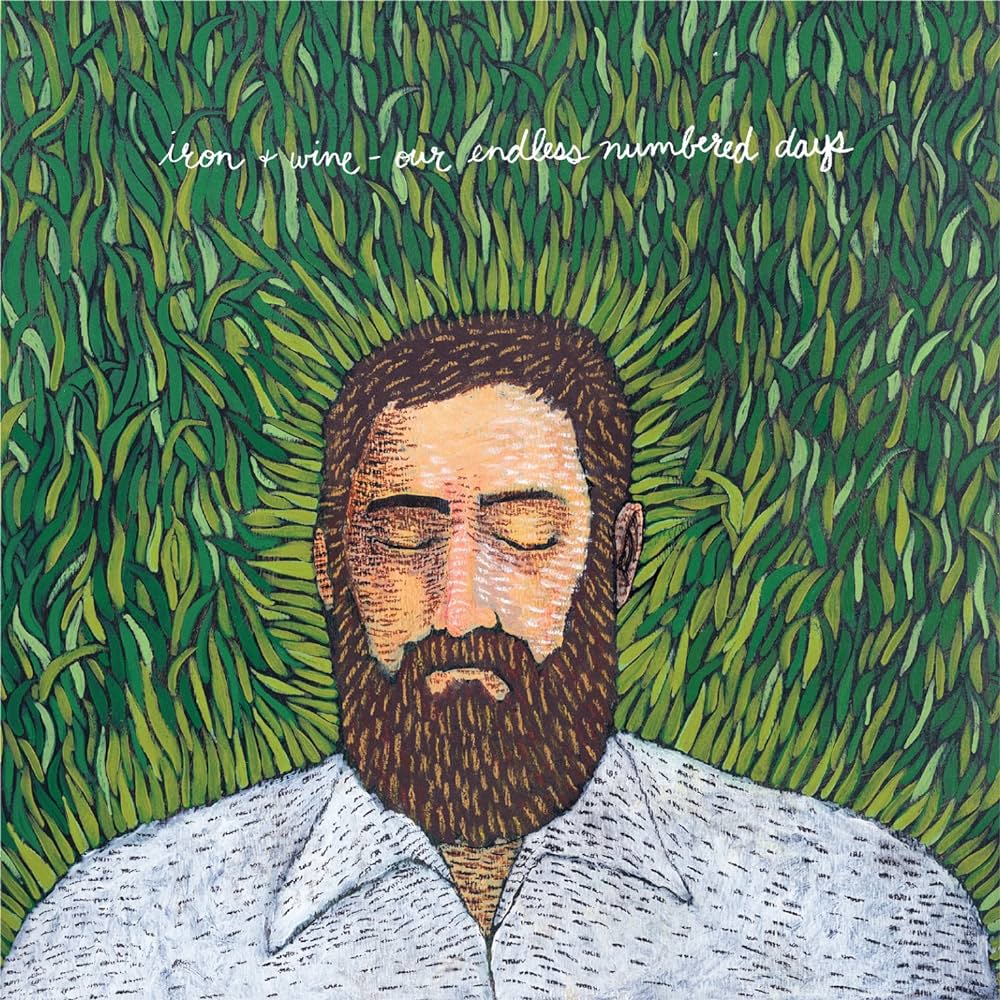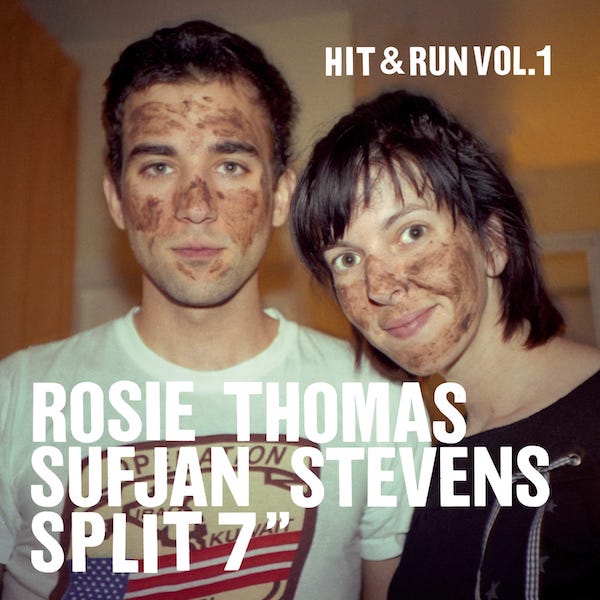We are huge Iron & Wine fans. Sam Beam is just phenonomenal songwriter, composer and musician. So, it was a…
Tag: iron and wine
Best Indie Folk Albums of the 2000s, Vol. I – Iron & Wine’s ‘Our Endless Numbered Days’
Artist: Iron and Wine Album: Our Endless Numbered Days Released: March 23, 2004 The game-changing 2004 album Our Endless Numbered…
New Bjork cover song from Rosie Thomas, Sufjan Stevens, The Shins and others
For her new Bjork cover of “All is Full of Love,” indie musician and singer Rosie Thomas enlisted an ‘indie’…


